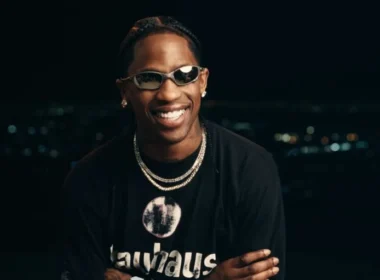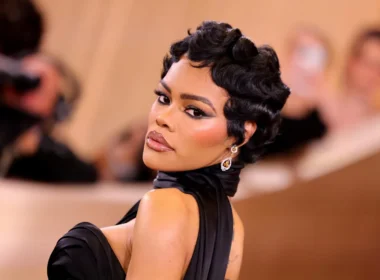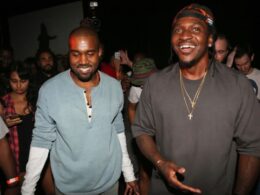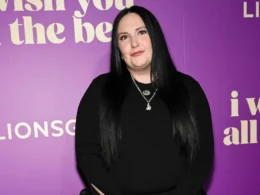When the news broke on Tuesday that D’Angelo had passed, it felt like the whole soul music world stood still. For decades, he wasn’t just an artist, he was a mood, a feeling, a sound you couldn’t quite pin down but always recognized. If neo-soul had a Mount Rushmore, D’Angelo’s face would be carved right in the center.

He wasn’t the kind of R&B star the ‘90s were used to. No shiny suits or over-rehearsed smiles, just cornrows, a bandana, and that magnetic quiet energy. He had what people now call “aura,” long before the word became a buzzword. His songs weren’t written for the radio; they were lived, breathed, and felt, little sermons about love, desire, and the divine messiness of being human.
When Brown Sugar dropped in 1995, it launched a movement. The album was smooth yet rugged, spiritual yet sensual. It was the kind of record that made you close your eyes and nod in agreement because you felt it. Tracks like “Lady” weren’t just hits, they were lessons in loyalty and love, a celebration of real connection in a time when R&B was heavy on flash and light on depth.
Then came “Untitled (How Does It Feel),” the song that changed everything.The vocals were raw, soaked in emotion, and that minimalist video turned D’Angelo into both a sex symbol and a target of obsession. The industry wanted more of him, but he wanted peace. The attention that came with that video did more harm than good, and it showed.
After Voodoo in 2000, he faded from the spotlight. Fame had taken its toll. The weight of expectation, personal loss, and addiction pulled him away from the world he once ruled. For a while, it seemed like D’Angelo might become another “what could’ve been” story. But he wasn’t done yet.
In 2014, he reemerged with Black Messiah — and just like that, the silence made sense. It was powerful, layered, and politically charged. Funk, rock, and R&B collided in a way that only D’Angelo could make sound so natural. The album became the soundtrack to a generation demanding change, proof that his artistry was always bigger than the charts.
D’Angelo didn’t need dozens of albums or endless hits to prove his worth. He created moments, timeless ones that still live in playlists, memories, and the DNA of every artist who followed. He showed us that real soul doesn’t need perfection; it just needs truth.
And maybe that’s what made D’Angelo so unforgettable — the mystery, the silence, the vanishing act. Because even when he disappeared, his music never did.









